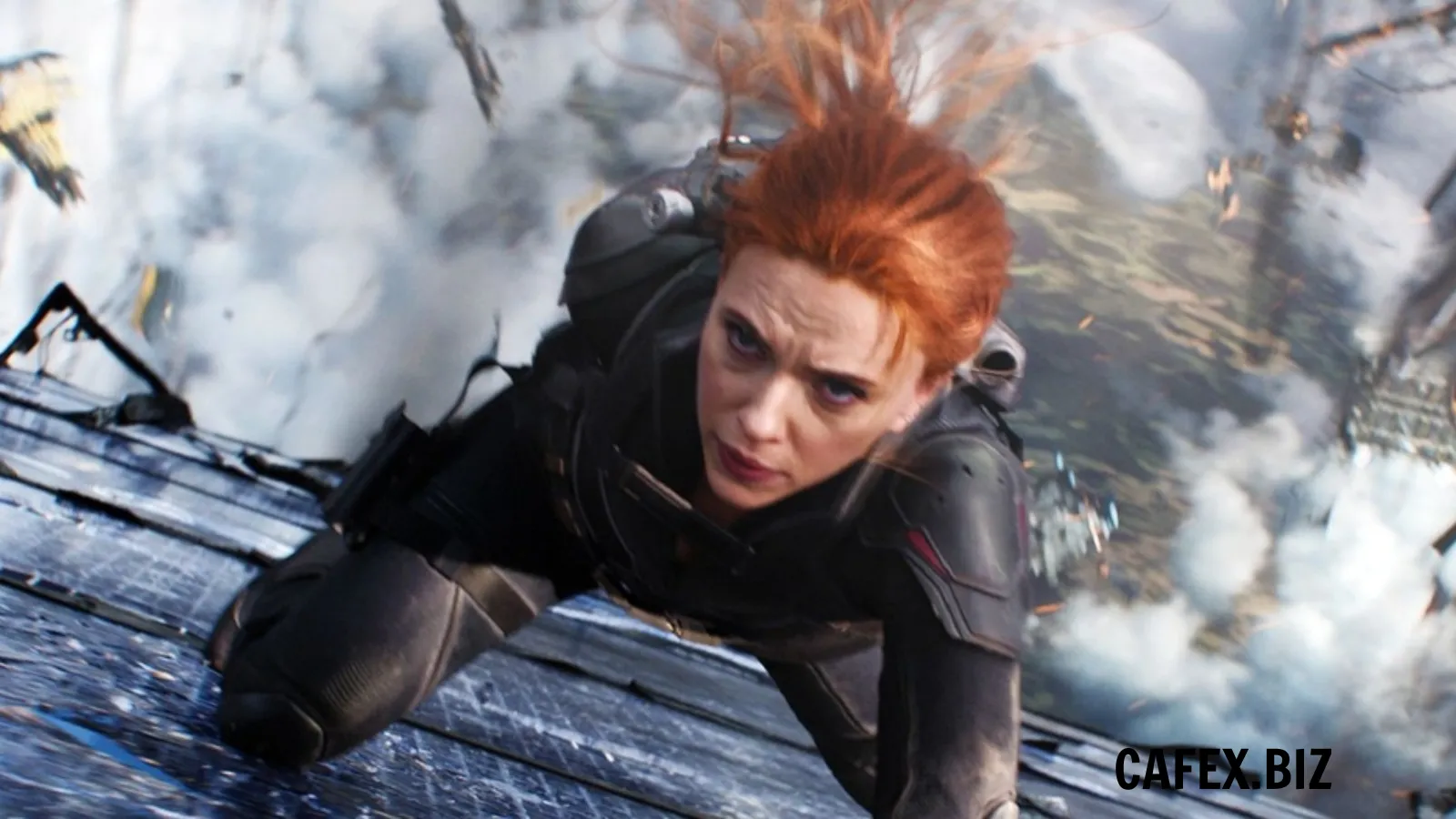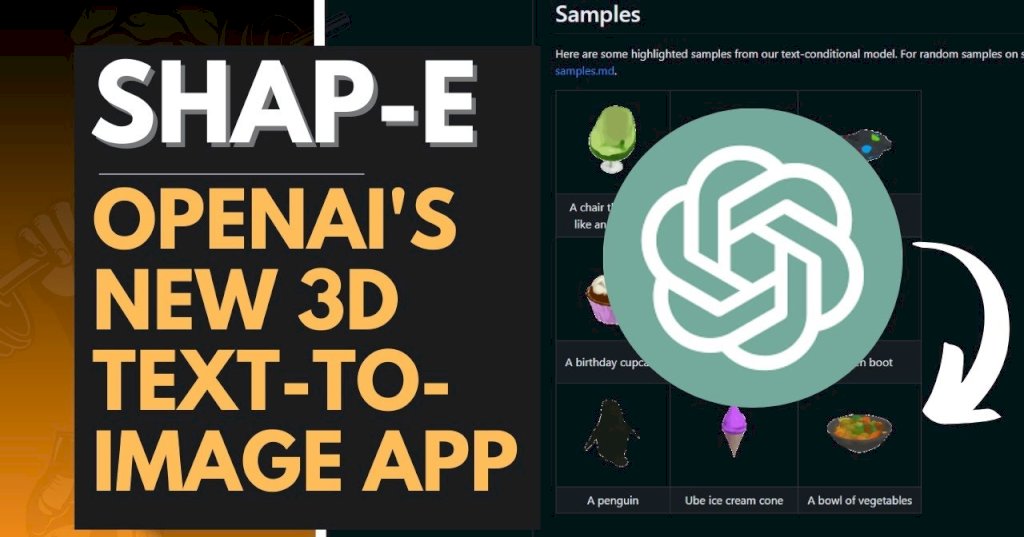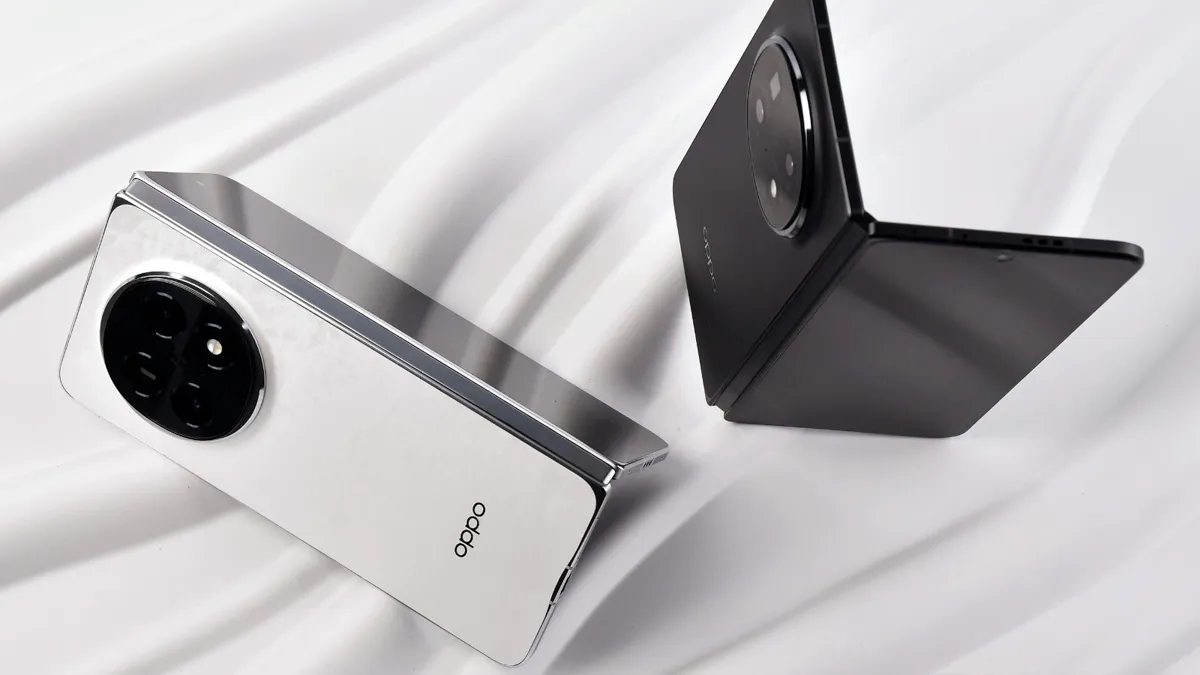Scarlett Johansson recently filed a lawsuit against an AI app developer for using her name and likeness in an online advertisement without her consent. The controversial ad showcased an AI-generated voice of Johansson and promoted an AI image-editing tool called "Lisa AI: 90s Yearbook & Avatar."
The 22-second ad initially depicted Johansson in a behind-the-scenes setting while she was filming Black Widow. In the clip, she can be heard saying, "What's up, guys? It's Scarlett, and I want you to join me." However, the video quickly transitioned to another segment featuring an AI-generated voice mimicking her speech, stating, "It's not limited to avatars. You can create your own AI images, even AI videos. I think you shouldn't miss it."
The ad discreetly included text at the bottom, mentioning that these images were generated by Lisa AI and had no association with Scarlett Johansson. Nevertheless, the actress's representative clarified that she has never been associated with the app or acted as its spokesperson. Scarlett Johansson's lawyer, Kevin Yorn, has been actively addressing this matter from a legal standpoint.
The ad appeared on social media on Saturday, October 28, and seems to have disappeared since then. According to Variety, the ad started with an old behind-the-scenes clip of Black Widow in the Marvel Cinematic Universe, in which Johansson said, "What's up, guys? It's Scarlett, and I want you to join me..."
The website reported that a later image covered her mouth, transitioning to AI-generated images resembling the star while the fake voice continued promoting the app advertisement.

Variety noted that several states have strict laws regarding privacy rights, and California specifically brings civil complaints for unauthorized use of a person's "name, voice, signature, photograph, or likeness" for advertising or promotional purposes.
Although both Yorn and developer Convert Software have not responded to questions regarding the nature of the legal action, this incident raises concerns about the potential misuse of AI technology. As AI becomes more accessible, cases like this may become more common. Musicians have already faced challenges with voice cloning technology, allowing the unauthorized replication of famous artists. Furthermore, deepfake technology has enabled AI-generated versions of celebrities to appear in ads without their consent.
Earlier this month, A-list actor Tom Hanks found himself in a similar situation when he warned his fans that a dental program ad had used his image created by artificial intelligence without his permission.
The 67-year-old Oscar winner informed his 9.5 million Instagram followers that the video had been used without his consent. "Caution!! There's a video being circulated for a dental program with an AI version of me. I have nothing to do with it," Hanks wrote.
The Scarlett Johansson case highlights the urgent need for clear legal guidelines and boundaries regarding the use of AI-generated content, especially when it involves famous individuals. As technology advances, it is essential to ensure the proper measures are in place to protect the privacy and integrity of public figures and prevent the unauthorized exploitation of their voices and likenesses.

-1712545796-q80.webp)


